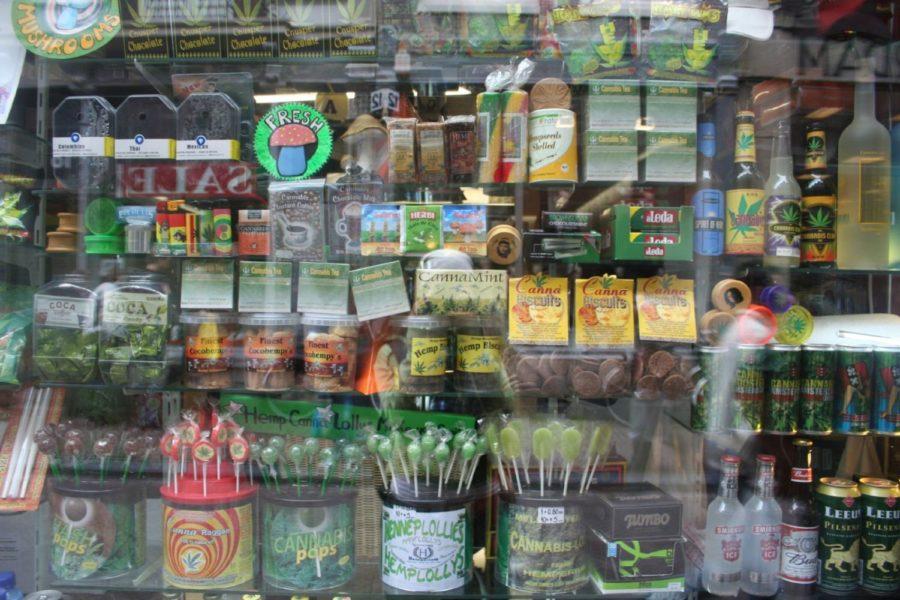Woods: The good choice, legalizing marijuana for Iowa
Marijuana reform in Iowa hasn’t reached the goal of legalization for recreational use.
December 10, 2014
What is a good choice? In general, it would be the freedom to make the right decision. An example of a good choice would be to legalize the usage of marijuana, medicinal and recreational, for the state of Iowa.
I say that with specificity because keeping decisions in the hands of the states and out of the reach of the federal government is what will keep us the United States of America.
What makes legalizing marijuana a good choice? There are many different factors that attribute to that notion. By legalizing marijuana, there wouldn’t be a place for drug dealers selling illegally. Reason being, it would be sold publicly, and there wouldn’t be a need to buy it from the black market.
It may also be cheaper because there isn’t any risk of getting caught and there isn’t a limited quantity. Another positive aspect that would come from legalizing marijuana is the extra revenue that states would be taking in because of taxes. According to the Des Moines Register, Iowa could rake in more than $24 million a year in taxes. As you can see, both parties would benefit.
Now why should it remain a choice for each state to decide? Every state should have the freedom to make its own decision. I just want to lay out what a good choice it would be for Iowa to legalize it.
Currently, Iowa upholds the Medical Cannabidiol Act, which “gives a limited class of individuals with intractable epilepsy and their caregivers an affirmative and complete defense to any state criminal charges arising out of their use or possession of cannabidiol extract,” according to the Marijuana Policy Project.
Cannabidiol, found naturally in marijuana, is a non-psychoactive cannabinoid. However, patients are only able to use extracts that have, at most, three percent tetrahydrocannabinol, more commonly known as THC. To make things harder, the only way patients are able to access these extracts is by traveling to states where medical marijuana is legalized. The Marijuana Policy Project states that the facilities also have to allow non-resident qualified patients to visit their dispensaries.
While this is an improvement to current law, it still leaves a vast majority of medical marijuana patients without legal protections for using and possessing the medicine that their doctors think is best for them.
So not only would legalizing marijuana help patients in the medical arena, but those seeking it for recreational pleasure would be satisfied. To be fair, it is unclear what the effects of marijuana are to those under the age of 21. According to the Drug Enforcement Agency, children under the age of 21 are at greater risk of becoming a regular marijuana user.
This has been seen with cigarettes and alcohol. Marijuana does the same, but most of the time it does less damage compared to other drugs that are on the market today. Drugs like alcohol are being abused daily by the public. Slapping an age restriction on the product would still cause issues, but it would solve more problems than it would create. There are worse things than legalizing marijuana.
One of the major issues I could see with legalizing marijuana and keeping it within the decision of the states is the matter of transporting it through states that have not legalized the drug. It could just be a one-step fix of a transporting permit, but it could be a lot more complicated than that. I suppose the answer won’t be discovered until Iowa legalizes marijuana for medicinal and recreational use.
Even in baby steps, there is progress. Iowa needs to make the good choice by making marijuana legal for medicinal purposes. It puts us one step closer to reaching the final goal of the complete legalization of the drug.







